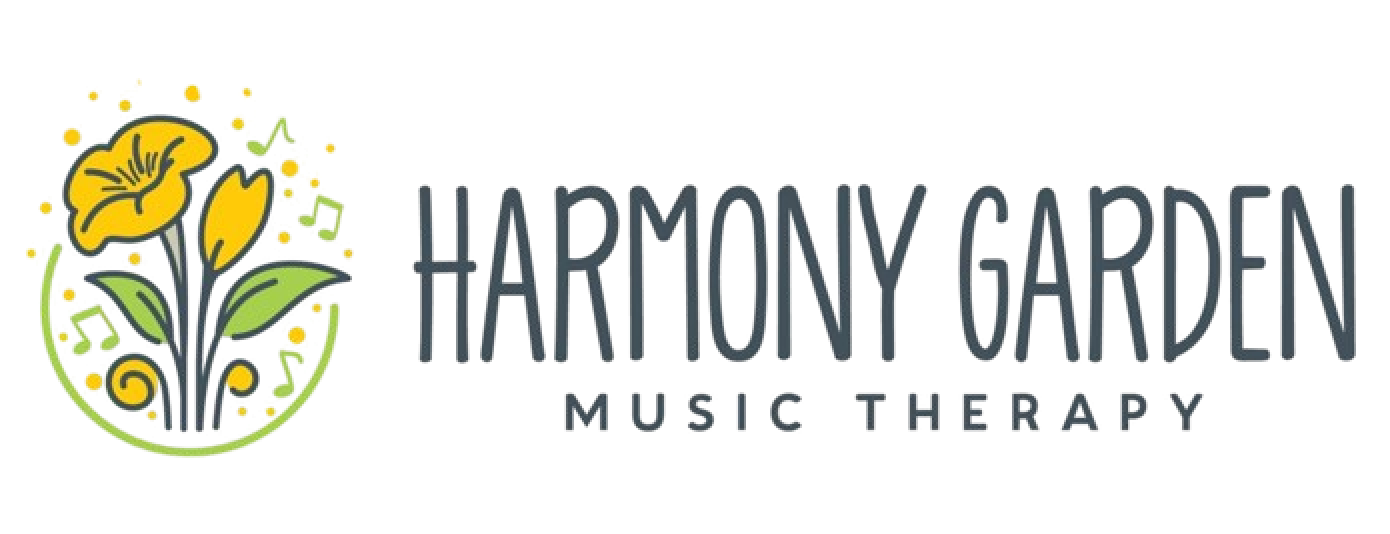SED WAIVER
At Harmony Garden Music Therapy Services, we understand the unique challenges that people with mental health issues face. That’s why our music therapists are trained to work specifically with these individuals through the Serious Emotional Disturbances (SED) Waiver program. We use a person-centered approach to create personalized interventions that meet each client’s diverse needs and goals. Music therapy is proven to be effective in supporting people with mental health issues. It provides a safe and creative way to express emotions and process feelings. By incorporating music into therapy, we use rhythm, melody, and harmony to help improve emotional well-being.
About The PROGRAM
If you are a consumer of Lifeways Community Mental Health and your child receives the SED (Serious Emotional Disturbances) Waiver, you are eligible for music therapy services. The SEDW provides services that are an increase to Medicaid State Plan coverage for individuals with SED through age 20, so they may remain in their homes and communities – this means that Lifeways will pay for your services at Harmony Garden Music Therapy. Please contact your case manager to see if your child is qualified and have them reach out to us if you would like to discuss beginning services.
Music therapy is a powerful tool that can greatly benefit individuals in managing their behavior and emotions. Through the use of music, rhythm, and melody, music therapy provides a safe and creative outlet for expressing and processing emotions. It has been found to effectively reduce anxiety, stress, and depression, allowing individuals to develop healthier coping mechanisms. By engaging in music-making activities, such as playing instruments or singing, individuals can enhance their self-expression, self-awareness, and emotional regulation skills. Additionally, music therapy promotes social interaction and connection, fostering a sense of belonging and support. With its holistic approach, music therapy offers a unique and effective way to promote positive behavior change and emotional well-being.
Additional Insurance Solutions
What to expect?
Details:
- In-person meeting with a music therapist for a 30 - 45 minute assessment session and a 15 minute discussion to discuss logistics, etc.
- Schedule weekly session times with the music therapist and work towards mutually agreed goals and objectives.
- Cost is free to the family when funded through the SEDW.
Some possible goal areas with music therapy interventions are:
- Improved emotional regulation
- Promote socialization
- Increasing self-awareness
- Increase confidence
- Improve quality of life
- Gain additional coping strategies

FAQ's
What is an assessment session like?
When you arrive for your assessment session, you will meet the board certified music therapist who is scheduled to work with you and your family. The therapist may ask questions about what you are hoping to get out of music therapy, what goal areas you would like to work on, and other important information that may be helpful in creating an individualized treatment plan. The therapist will then lead the client in a 45-minute session assessing various domains such as physical, emotional, social, and cognitive goals. At the end of the session, you may ask any questions you have and the therapist may ask any follow up questions. You will receive a written assessment within the first few sessions detailing all observations and goals created.
What can I expect during a music therapy session?
Music therapy is individualized to each client we work with. Sessions may include singing, instrument play, improvisation, song writing, lyric analysis, sharing music, and more.
Does a caregiver have to stay during the session?
Depending on need and comfortability, it is typically up to the family to decide. We have a comfortable waiting room that families can use during the session. We encourage our clients to have as much independence as possible during these sessions, so if at all possible, we try to see them one on one.
